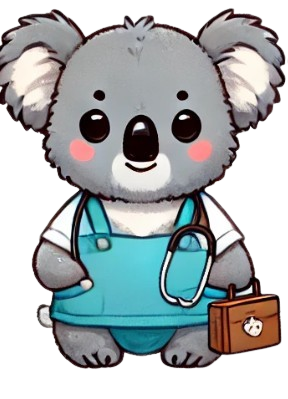When Bird Flu Strikes: How One Family Stayed Prepared
Imagine a quiet countryside home where the sounds of chirping birds fill the air. For the Thompson family, their peaceful existence took a turn when they learned about the rising cases of avian influenza, commonly known as bird flu. This infectious disease, caused by the influenza A virus, primarily affects birds but can pose risks to humans, particularly those in close contact with infected birds. What did they do to protect themselves?
Understanding the Threat
Bird flu is primarily carried by waterfowl and shore birds, which can spread the virus to domestic birds and even humans. The Thompsons, aware of the potential risks, started to educate themselves about bird flu. They learned that all birds are susceptible to avian influenza and that the virus can mutate, leading to more severe outbreaks. This knowledge empowered them to take proactive steps to safeguard their health.
Taking Preventive Measures
The Thompsons didn't just stop at gathering information; they implemented practical measures to protect their family. They began by avoiding areas known for large bird populations and kept their own birds away from wild ones. They also ensured their backyard flock was vaccinated and monitored for any signs of illness. This proactive approach not only reduced their risk but also brought peace of mind.
How KoalaCare Can Help
In times of health crises like bird flu outbreaks, having access to reliable health information is crucial. This is where KoalaCare comes in. With its robust anamnesis tool, users can organize their health data and track symptoms over time, preparing them for consultations with healthcare professionals. The privacy-centric design ensures that all personal health information is kept secure, allowing families like the Thompsons to focus on what matters most—staying healthy.
Join the Conversation
As the Thompsons found ways to safeguard their health, they realized the importance of being prepared and informed. How do you stay updated about health risks in your area? Have you used any tools to help manage your health information? Share your thoughts in the comments below!
